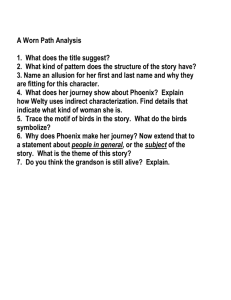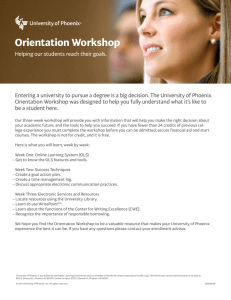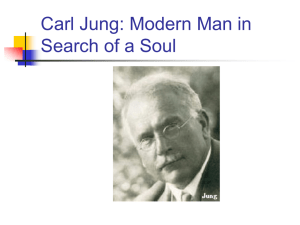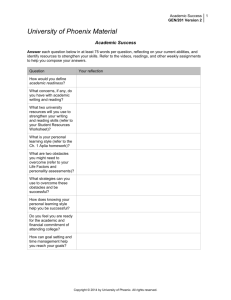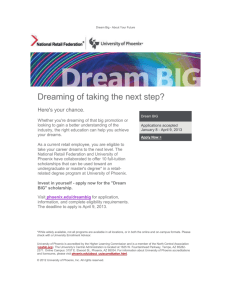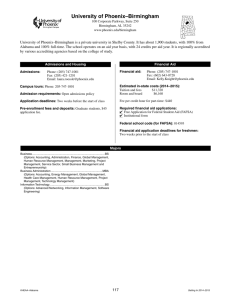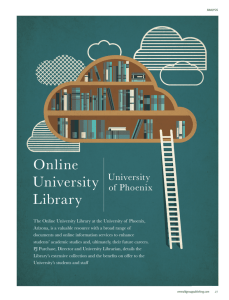Here is the call for papers to the IAJS conference.
advertisement
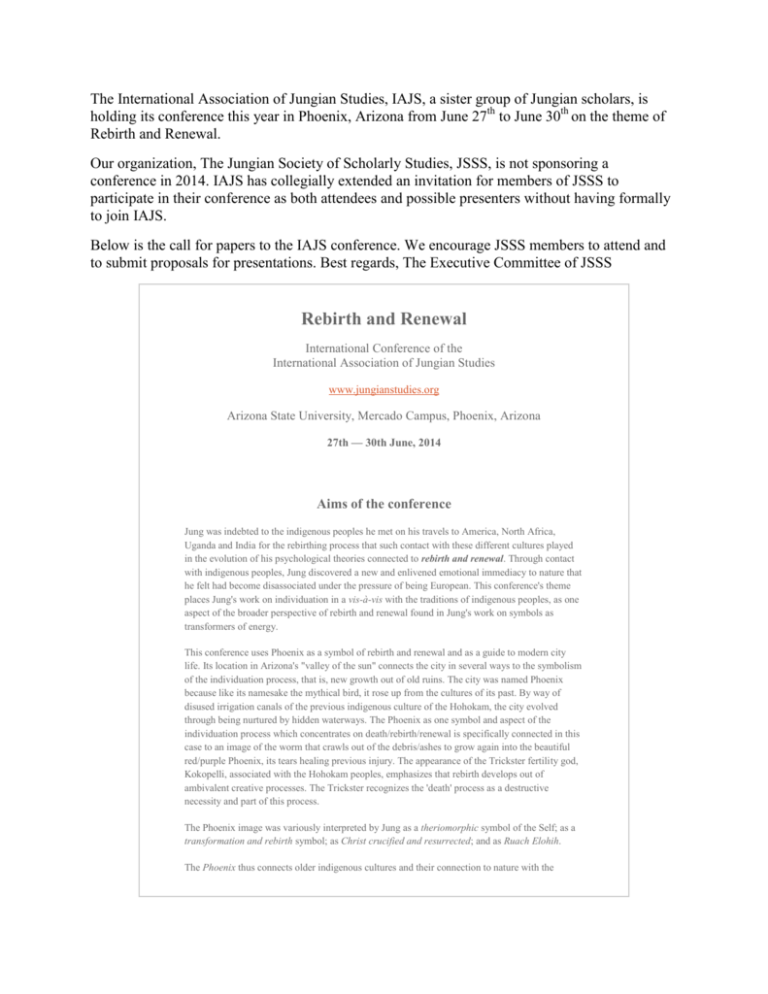
The International Association of Jungian Studies, IAJS, a sister group of Jungian scholars, is holding its conference this year in Phoenix, Arizona from June 27th to June 30th on the theme of Rebirth and Renewal. Our organization, The Jungian Society of Scholarly Studies, JSSS, is not sponsoring a conference in 2014. IAJS has collegially extended an invitation for members of JSSS to participate in their conference as both attendees and possible presenters without having formally to join IAJS. Below is the call for papers to the IAJS conference. We encourage JSSS members to attend and to submit proposals for presentations. Best regards, The Executive Committee of JSSS Rebirth and Renewal International Conference of the International Association of Jungian Studies www.jungianstudies.org Arizona State University, Mercado Campus, Phoenix, Arizona 27th — 30th June, 2014 Aims of the conference Jung was indebted to the indigenous peoples he met on his travels to America, North Africa, Uganda and India for the rebirthing process that such contact with these different cultures played in the evolution of his psychological theories connected to rebirth and renewal. Through contact with indigenous peoples, Jung discovered a new and enlivened emotional immediacy to nature that he felt had become disassociated under the pressure of being European. This conference's theme places Jung's work on individuation in a vis-à-vis with the traditions of indigenous peoples, as one aspect of the broader perspective of rebirth and renewal found in Jung's work on symbols as transformers of energy. This conference uses Phoenix as a symbol of rebirth and renewal and as a guide to modern city life. Its location in Arizona's "valley of the sun" connects the city in several ways to the symbolism of the individuation process, that is, new growth out of old ruins. The city was named Phoenix because like its namesake the mythical bird, it rose up from the cultures of its past. By way of disused irrigation canals of the previous indigenous culture of the Hohokam, the city evolved through being nurtured by hidden waterways. The Phoenix as one symbol and aspect of the individuation process which concentrates on death/rebirth/renewal is specifically connected in this case to an image of the worm that crawls out of the debris/ashes to grow again into the beautiful red/purple Phoenix, its tears healing previous injury. The appearance of the Trickster fertility god, Kokopelli, associated with the Hohokam peoples, emphasizes that rebirth develops out of ambivalent creative processes. The Trickster recognizes the 'death' process as a destructive necessity and part of this process. The Phoenix image was variously interpreted by Jung as a theriomorphic symbol of the Self; as a transformation and rebirth symbol; as Christ crucified and resurrected; and as Ruach Elohih. The Phoenix thus connects older indigenous cultures and their connection to nature with the modern mind-set in a manner which can heal the mind-body split between animal and human, sacred and profane. Recent scholarship revalues this animating function as both innovative and essential to the modern mind in its irrigating, compensatory function. Jung stresses the primordial man as the 'round, original wholeness.' Primordial experiences Jung suggests arise from the depths of prehistory and 'rend from top to bottom the curtain upon which is painted the ordered world, and allow a glimpse into the unfathomable abyss of the unborn and of things yet to be.' ThePhoenix, as a city and a theriomorphic symbol of the Self, links the modern psyche to the creative wellspring of its primordial past that embraces both in an energetic synthesis. About the IAJS The IAJS exists to promote and develop Jungian and post-Jungian studies and scholarship on an international basis. It is a multi-disciplinary association dedicated to the exploration and exchange of views about all aspects of the broader cultural legacy of Jung's work and the history of analytical psychology. The IAJS aims to aid the understanding of contemporary cultural trends and the history of psychological and cultural tendencies. To find out more, and how to join, visit www.jungianstudies.org Call for Papers To be submitted by 15th January 2014 We invite papers devoted to the theme of rebirth and renewal within this unique IAJS conference setting as we explore Jung's work on individuation that stretches out from Phoenix and embraces all indigenous and modern cultural manifestations of this process. We welcome papers that examine Jung's concept of the symbol as might be exemplified in processes of transformation and renewal in cultural practices such as the fine and popular arts, the media, and literature; religion; political processes; scientific theory, environmental and sustainability concerns; and in clinical practice. Equally, papers that deal with related themes, such as the Trickster, in ancestral, indigenous, and contemporary cultural manifestations are invited, as well as papers based on current research measuring case study material. The committee also invites paper proposals on other issues about which individual members are currently engaged. We have pleasure in announcing that IAJS prominent Jungian scholars, Jerome Bernstein, Raya Jones, Andrew Samuels, and David Tacey, will give papers that focus on key aspects of rebirth and renewal related to indigenous peoples, the individuation process and symbol formation. Please send a title and abstract of no more than 300 words to Phoenix Conference Abstract Submission at Stephani Stephens, e-mail address sstephensiajs@gmail.com or Liz Brodersen, email addressliz.brodersen@web.de including one's full name, title, and contact details: institutional or professional affiliation, and a selected bibliography (up to three publications). The conference's language is English. The conference registration costs US $325 Dollars, $275 for students and $125 daily rate which will include food breaks, including lunch, and beverages. More details about the conference will be available on the IAJS Phoenix conference website. We will keep you posted concerning hotel accommodation, evening social events, travel links and other important updates necessary to ensure your comfort throughout this conference. We look forward to hearing from you. With best wishes on behalf of the IAJS Phoenix Conference Committee: Stephani Stephens, Chair and Conference Host Liz Brodersen, Co- Chair Don Fredericksen, IAJS, Chair Michael Glock, IAJS, Conference web-site manager Marybeth Carter, programme co-ordinator Paivi Alho, programme co-ordinator
